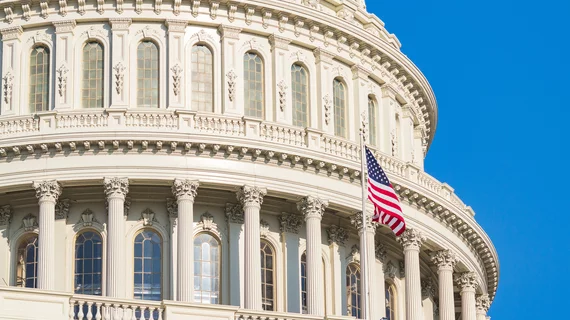Democrats fail to overturn expansion of short-term health plans
Republicans in the Senate on Wednesday overcame an attempt from Democrats to overturn the recent expansion of short-term healthcare insurance plans by the Trump administration.
In August, the Trump administration announced it was expanding short-term health plans, which do not comply with standards enacted in the Affordable Care Act and can leave consumers without comprehensive care. Originally intended to be a temporary option for consumers in between jobs or in need of very short-term coverage, the plans are cheaper than comprehensive care, but typically do not cover pre-existing conditions and other ACA protections.
The administration’s move allowed these plans to extend for up to three years––up from the previous coverage period of less than three months.
Opponents of the plans, which include several dozen industry associations such as the American Heart Association and the American Cancer Society, argue they put consumers at risk. Democrats have called the plans “junk insurance.” Some states have even taken steps to outlaw short-term, non-compliant plans.
Immediately after HHS and the Trump administration announced its policy to expand short-term plans, Democrats launched a counter attack to roll them back.
On Wednesday, the Democratic measure to overrule the expansion, which required majority support, was narrowly defeated in a 50-50 vote in the Senate. Senator Susan Collins (R-ME) sided with Democrats in the vote.
The vote, which was not likely to pass both Republican-led houses of Congress, puts healthcare squarely in the spotlight just weeks ahead of the mid-term elections, The Hill reported.
“In a few short weeks the American people will head to the polls where they can vote for another two years of Republican attempts to gut our healthcare system, or they can vote for Democratic candidates who will safeguard the protections now in place and work to make healthcare more affordable,” Senate Democratic Leader Charles Schumer (N.Y.) said on the Senate floor Wednesday, The Hill reported.
Republicans maintain the skimpy plans offer a cheaper alternative for many Americans than Obamacare health insurance plans.

